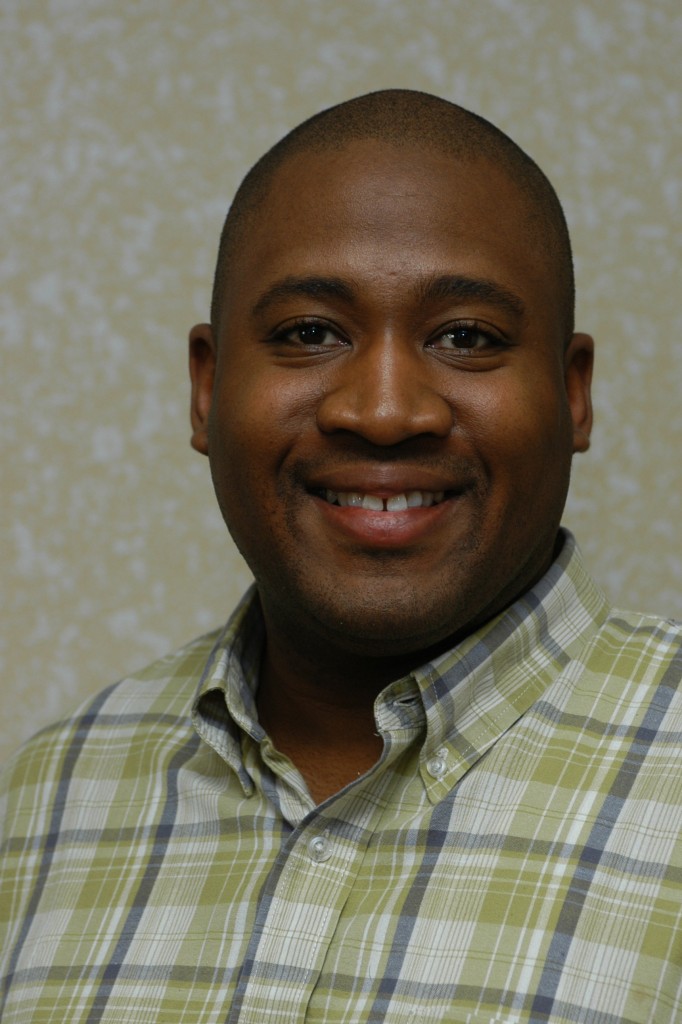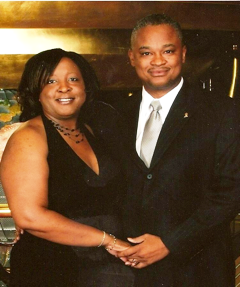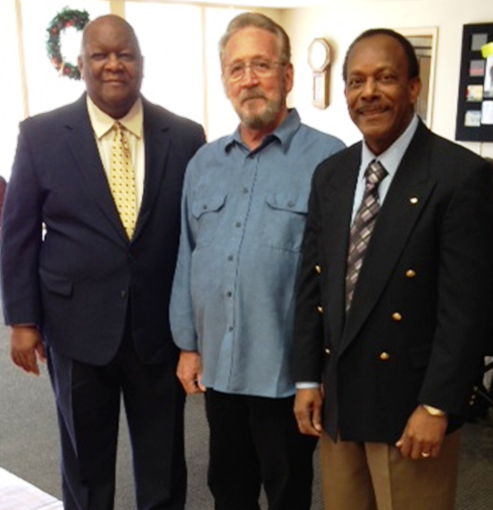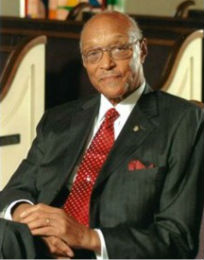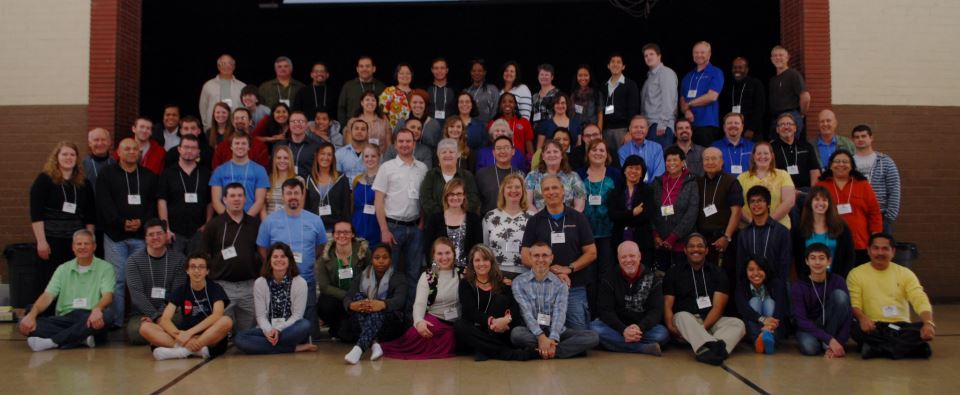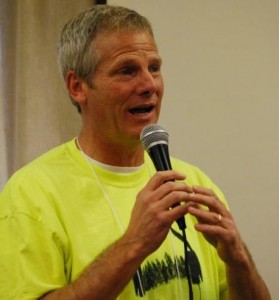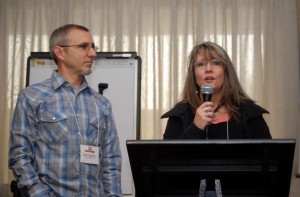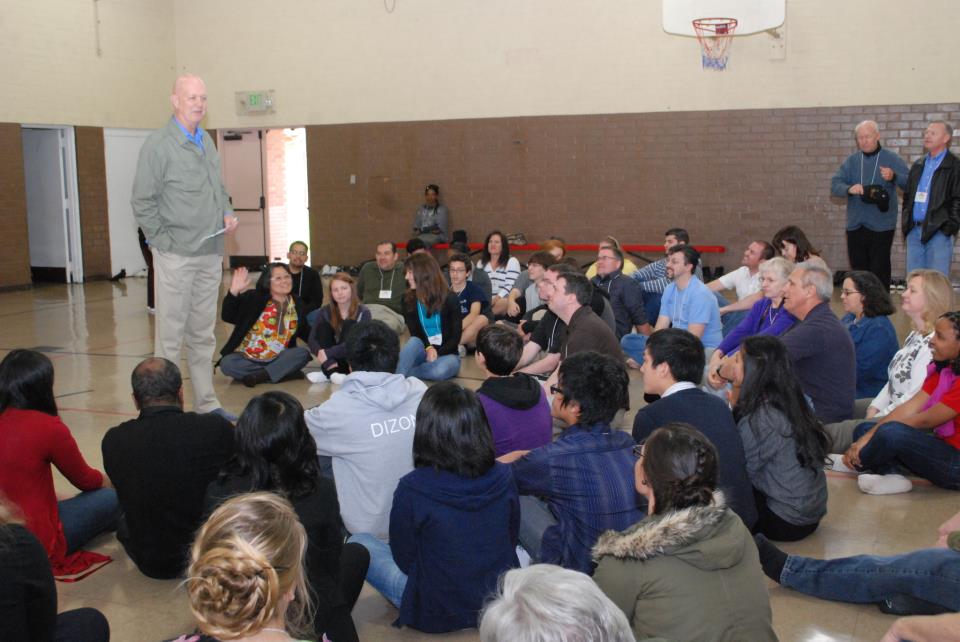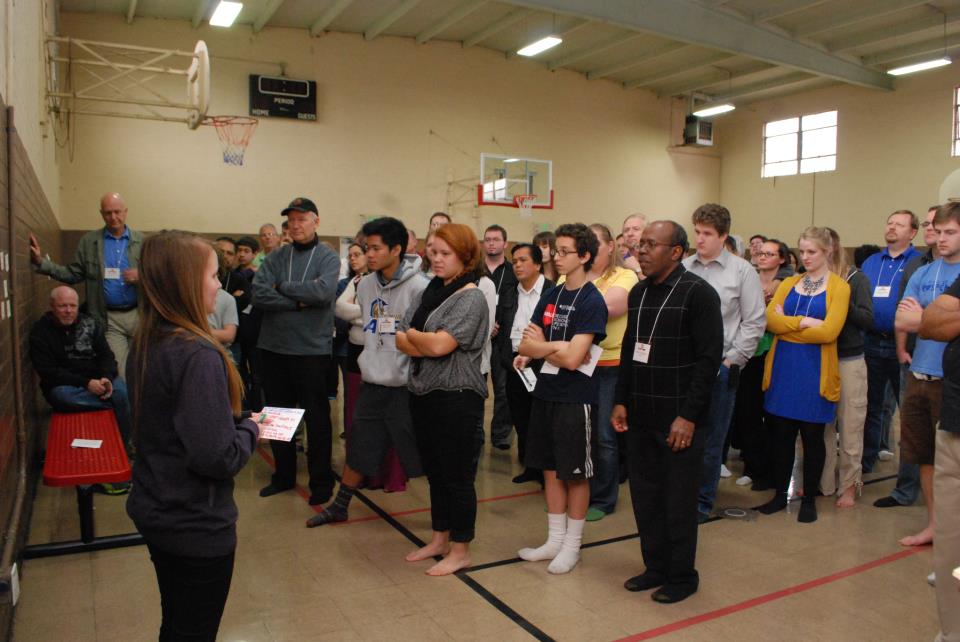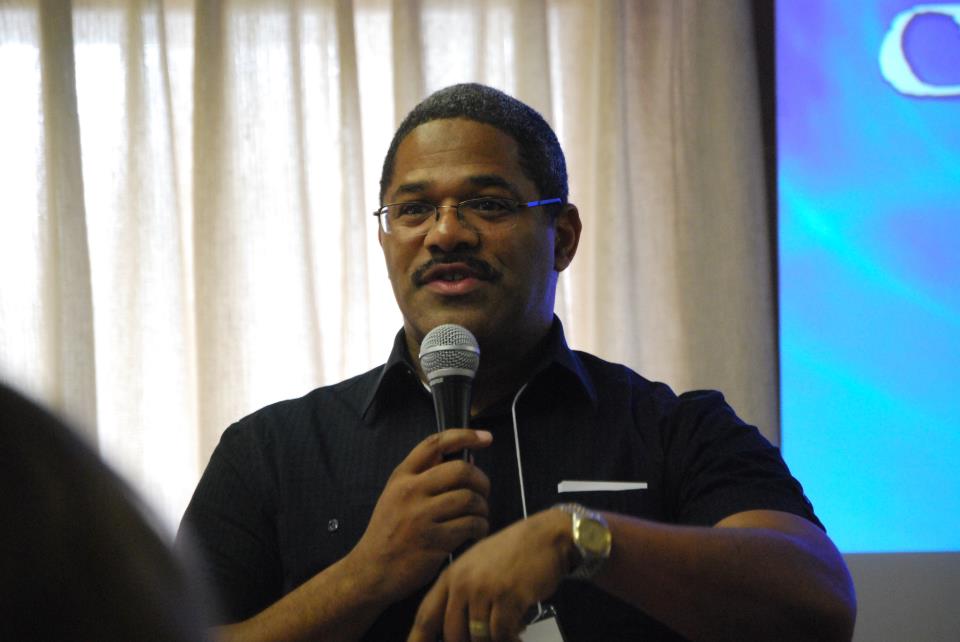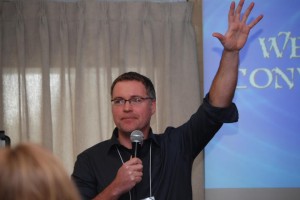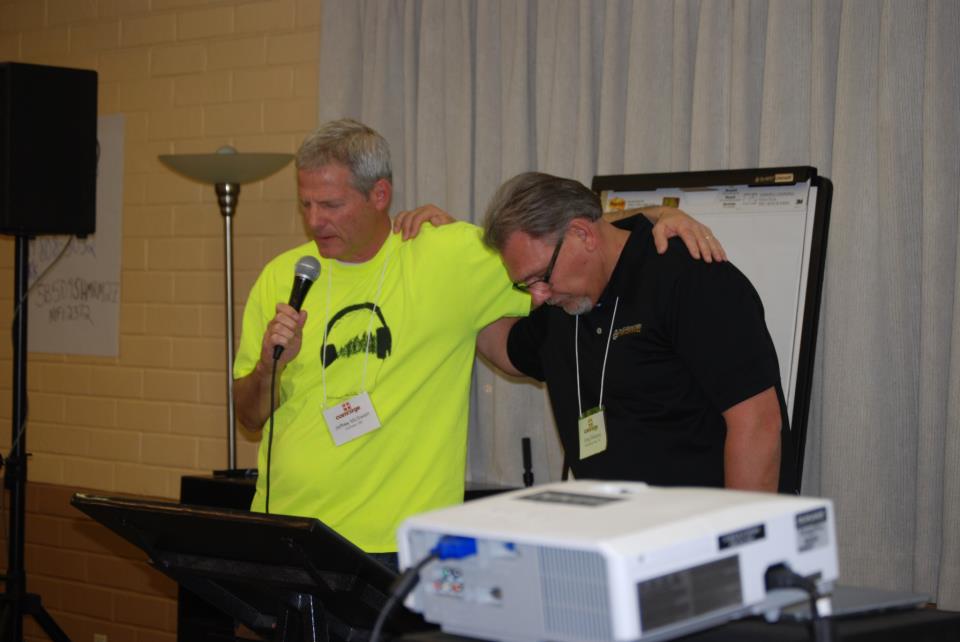Dear Brothers and Sisters in Christ,
 Black History Month reminds us of the important people and events of the African Diaspora. It is celebrated annually in the US and Canada in February and in the UK in October. Carter G. Woodson and The Association for the Study of Negro Life and History announced the second week of February to be Negro History Week. In 1970, this was expanded to Black History Month and President Gerald Ford formally acknowledged it in 1976.
Black History Month reminds us of the important people and events of the African Diaspora. It is celebrated annually in the US and Canada in February and in the UK in October. Carter G. Woodson and The Association for the Study of Negro Life and History announced the second week of February to be Negro History Week. In 1970, this was expanded to Black History Month and President Gerald Ford formally acknowledged it in 1976.
During Black History Month in the US, we acknowledge the contribution that African-Americans have made to our nation. They have held some of the highest offices in our government (including president) and have made their mark in the sports world. Thousands of less recognizable African-Americans have and are making significant contributions to our national life in academia, science and the arts (see the P.S. below).
Black History Month also reminds us of the tragic record of misunderstanding, prejudice and cruelty that has been a part of our history. Thankfully, things have improved. However, I shudder when I think that only a generation or so ago much of this country was still mired in outright segregation and blatant prejudice.
Of course, this is not just an issue in the US—and here it is not just a white and black issue and not just a matter of race. The genocide in Rwanda at the end of the last century was a clash of two tribes of the same race. The deadly Bosnian conflict was between peoples who share a common language, much common history and possibly ancient ancestry. The cruelties of Nazi Germany and Stalinist Russia were perpetrated mainly by Europeans on Europeans. Imperialist Japan and Communist China committed atrocities against fellow Asians. In the long and sordid history of racial/nationalistic conflict, no people can plead “not guilty” to prejudice and discrimination.
Sadly, these atrocities are often committed in the name of God. It is sobering to remember that those who do these things have often used the Bible to justify their actions. Surely, this is one of the greatest perversions of Scripture. Regrettably, such teaching continues and still affects the way some think about others and even about themselves. I have friends who grew up with segregation who tell me that the scars take a long time to heal. And I wonder if, perhaps, the greatest damage is done by those who, considering themselves superior, look down on fellow human beings.
There is nothing in the Scriptures to indicate that any people are inferior or are excluded from God’s saving grace on the basis of ethnic origin or skin color. God is “not wanting anyone to perish” (2 Peter 3:9). The book of Revelation explicitly expresses great joy that heavenly worship involves those “from every tribe and language and people and nation” (Revelation 5:9; 7:9; 13:7; 14:6). Jesus paid the same price for everyone. No race, nation, tribe or people group are outside the embrace of his love. As the old song goes, “red and yellow, black and white, all are precious in his sight.”
The Bible is clear that God created humanity in his image, with one common ancestor. There is, in actuality, only one race—the human race. Within this human race, by God’s design, there is great diversity in culture, language, skin color and other physical characteristics. It is interesting that the Human Genome project has discovered that every human being on the planet is 99.9% genetically identical. There is only one-tenth of one percent of DNA that differentiates us from one another, no matter our race.
Furthermore, Jesus has done everything to forgive and redeem us all. When the angels appeared to the shepherds to announce the birth of Jesus, they said it was good news for all peoples (Luke 2:10). Jesus taught that he would “draw all people” to himself (John 12:32) and from east and west, north and south (Luke 13:29). The apostle Paul declared that Jesus was the new Adam, the new head of all humanity (Romans 5:14; 1Corinthians 15:45) and that, in Christ, there is one new humanity (Ephesians 2:15). We celebrate this truth and there is no one who should be appreciated any less than another.
When Carter Woodson created Black History Week, he hoped that racial prejudice would eventually be eliminated when black history became fundamental to American history. We have made progress, but we are not quite there yet. There are still many tragic examples of hatred and oppression in the world today. So we still need Black History Month. It reminds us of where we have been and where we need yet to go. The more we learn about the accomplishments of our brothers and sisters, the more we learn to appreciate the variety God has given his children.
GCI is multi-racial, multi-ethnic and multi-national. We may be a small denomination, but we are a rich tapestry of many peoples from many different backgrounds and nationalities, working together with the same purpose. Let’s thank God for that.
Your brother in Christ’s service,
Joseph Tkach
P.S. Can you name the notable African-Americans pictured here? See the answers below.
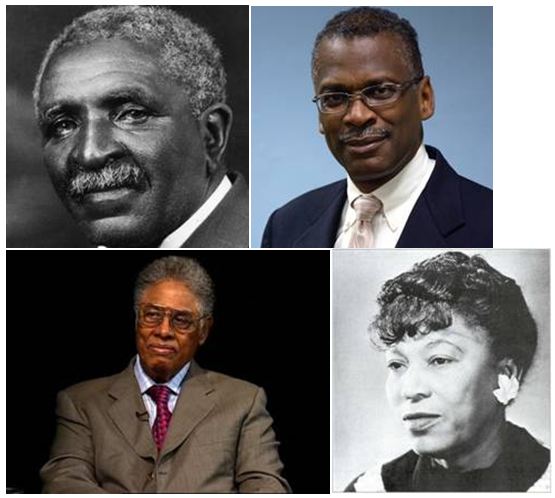
Upper left corner: George Washington Carver was an American scientist, botanist, educator and inventor. Carver’s reputation is based on his research into and promotion of alternative crops to cotton such as peanuts, soybeans and sweet potatoes, which also aided nutrition for farm families. He wanted poor farmers to grow alternative crops both as a source of their own food and as a source of other products to improve their quality of life. The most popular of his 44 practical bulletins for farmers contained 105 food recipes using peanuts. He also developed and promoted about 100 products made from peanuts that were useful for the house and farm including cosmetics, dyes, paints, plastics, gasoline and nitroglycerin.
Upper right corner: Finishing his master’s degree, Lonnie G. Johnson joined the Air Force and was assigned to the Strategic Air Command, where he helped develop the stealth bomber program. His other assignments included working as a systems engineer for the Galileo mission to Jupiter and the Cassini mission to Saturn. Johnson also created the Super Soaker squirt gun, which became one of the most popular toys in the world.
Lower left corner: Author of more than 30 books, economist, social theorist and political philosopher Dr. Thomas Sowell served on the faculties of several universities, including Cornell and the University of California, Los Angeles. Also, he worked for think tanks such as the Urban Institute. Since 1980 he has worked at the Hoover Institution at Stanford University.
Lower right corner: Zora Neale Hurston was a novelist, playwright, folklorist and anthropologist. She was born in 1891 in the tiny town of Notasulga, Alabama and raised in Eatonville, Florida. While earning her bachelor’s degree at Barnard College in New York, she studied under pioneering anthropologist Franz Boaz, whose work inspired her to collect the African-American folklore that would inform her most famous literary works, such as Their Eyes Were Watching God, Mules and Men, Jonah’s Gourd Vine and Tell My Horse.
